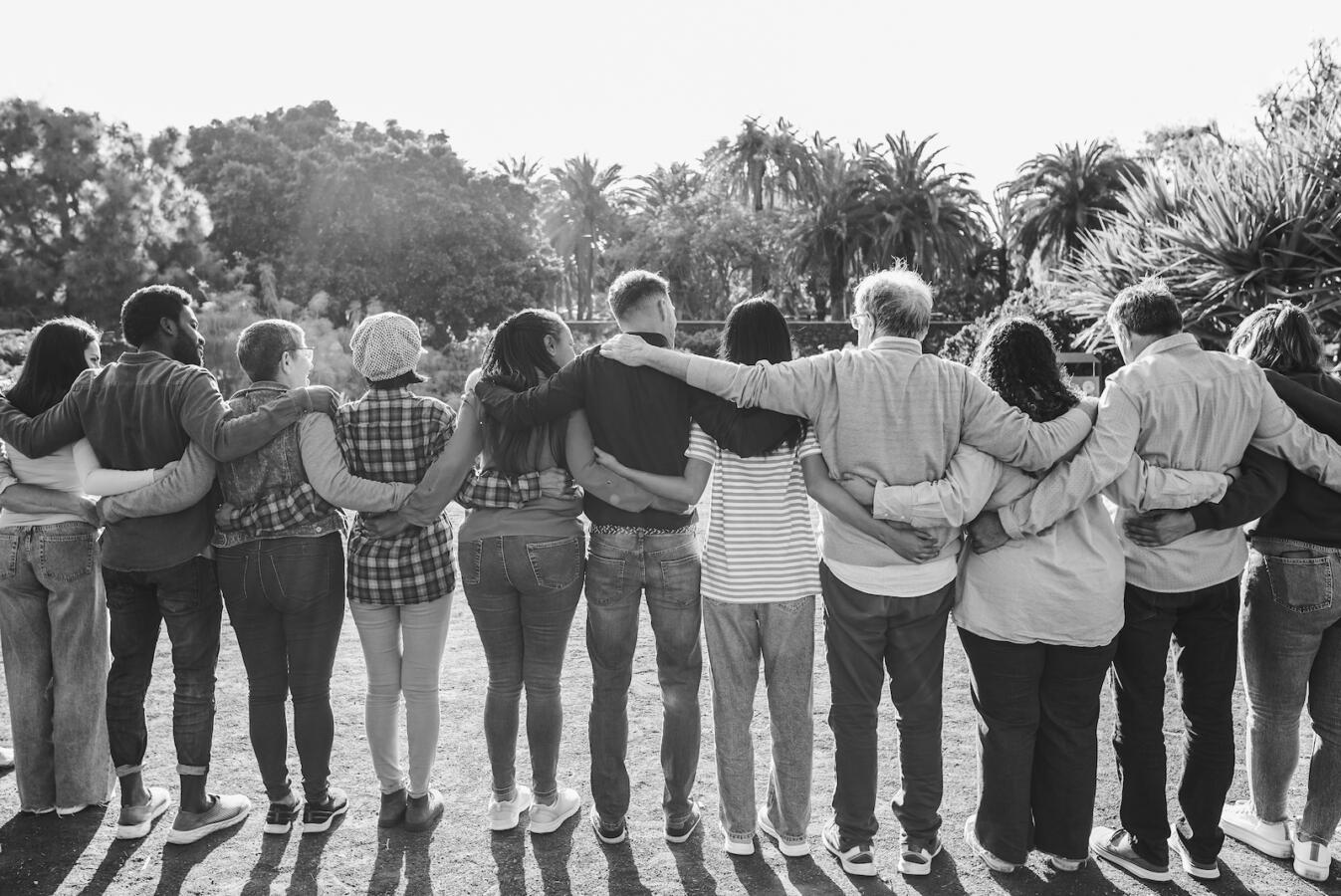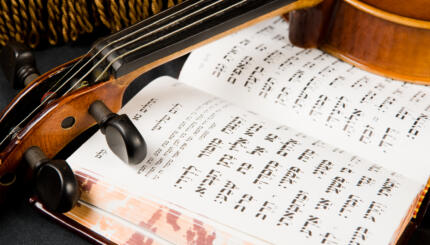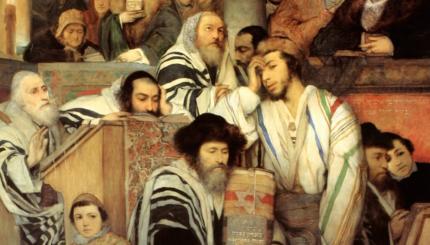It’s a Monday or a Thursday, market days in ancient Israel, and in the traditional morning prayer service, we have just read from the Torah. Before returning the sacred scroll inscribed with the story of our common spiritual origins to the ark, the prayer leader offers a series of ancient bakeshot, requests for the well-being of the community, dating from the days of the great Amram Gaon in ninth-century Babylon. “May it be Divine will to establish God’s living Presence within us, to have mercy upon the remnant of our people, to save us from plague and destruction, to preserve Israel’s sages, their families and students. May good news and consolations come to our ears and the dispersed remnants of the Jewish people be gathered together.” The congregation punctuates each expression of yearning with an emphatic “Amen!”
The prayer book then instructs the congregation to speak the short paragraph that follows all together, in one voice: Acheinu, kol beyt Yisrael. “Our brothers, the entire family of Israel,” it begins. It’s short prayer, a few often-overlooked lines in the weekday morning Torah service, yet it speaks eloquently to the dire situation of Jews held in captivity:
Our brothers, our sisters, the entire family of Israel, all who have been squeezed by distress or taken into captivity, whether on the sea or on dry land, may the Ever-present One have mercy upon them and bring them out from suffering to relief, from darkness to light, from subjugation to redemption, now, speedily, and soon, and let us say, Amen.
We are one family, the prayer reminds us. We feel one another’s pain. We long for one another’s deliverance.
In times of trouble, Jews often turn to communal prayer. Words of shared intention, spoken aloud, have the power to calm and focus us, to enfold us in a sense of community, to assuage the sense of isolation that can engulf us when traumatic experience overtakes us.

Help us keep Jewish knowledge accessible to millions of people around the world.
Your donation to My Jewish Learning fuels endless journeys of Jewish discovery. With your help, My Jewish Learning can continue to provide nonstop opportunities for learning, connection and growth.
These words have been set to many beautiful melodies. Saying or singing or whispering them, especially together with our families and communities, amplifies our intention, sending tendrils of hope and love across the miles to those in distress, caught in the most difficult of circumstances. Speaking, breathing together, we strengthen our hearts, turn back fear, and affirm our connection as one family, united in hope and love and faith.




